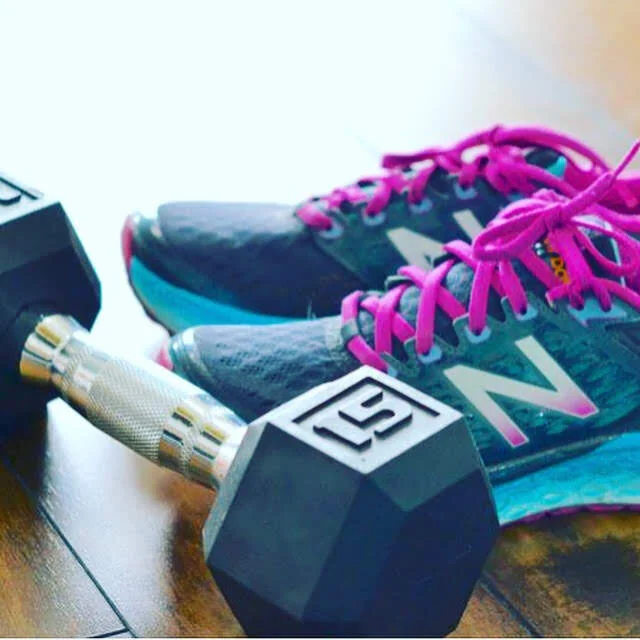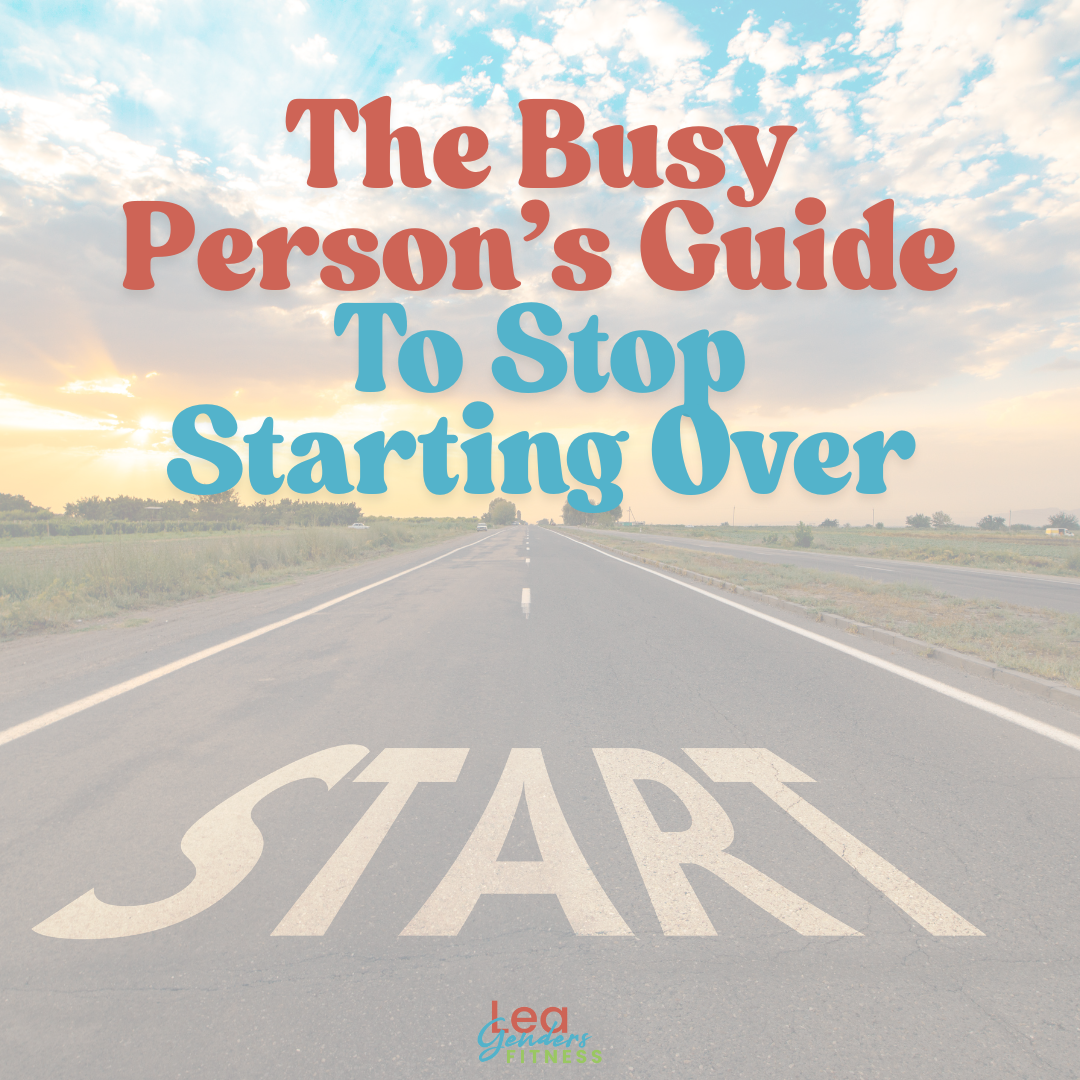I walked into a large meeting room in the convention center which was already buzzing with my fellow fitness professionals preparing for a seminar on partner workouts. My heart started racing, I felt nervous and intimidated. I looked around the room and there were already more than 50 people and everyone seemed paired off. We were going to learn and perform partner programming. Who would be my partner? Would he/she be fitter than me? Could I keep up? My fight or flight response kicked in and I really wanted to run. What was I thinking? Why did I sign up for this? There were a lot of people in the room. Would I embarrass myself? How would I measure up against other fitness professionals? It felt downright scary.
Then it hit me. This is how the new people that show up at my bootcamp must feel. I teach a beginner bootcamp on Tuesday nights. When a new person walks in that door for the first time, I can sometimes sense the apprehension. I go out of my way to make them feel welcome and encourage them that we are going to have a great class. But I somehow forgot what it was like to feel that fear because I already know the Tuesday night workout will be fun and we'll maybe even have a few laughs. I know for a fact they'll be able to keep up (we do modifications, if necessary). I know they'll push themselves more than usual and it will feel hard, but I also know that they will likely walk out of those studio doors feeling like they accomplished something great. It was easy for me to forget the courage it takes to just show up, how much they might have had to overcome just to walk through those doors.
I know it can be a challenge to pick yourself up off the couch after a long day at work or school when a glass of wine or a Netflix marathon seems more enticing. It takes strength to ignore those butterflies in your stomach as you enter the new studio address into your GPS, avoiding the feeling of wanting to turn around at the next red light. It takes a certain level of determination to join a group of strangers in a room to sweat together. I forgot about the fear that other people might be judging or critiquing you.
But it all came back. That day in the conference room, I remembered it all. And it all felt real scary. Then a friendly girl tapped me on the shoulder and asked me to be her partner. The instructor began his lesson/workout and the next hour and a half flew by. All my fears were unfounded. The workouts were challenging and fun. I finished the session with some fresh ideas and a sense of accomplishment for learning something new and not letting a feeling of uncertainty stop me from trying something great.
The lesson I learned at that seminar was less about partner programming and more about understanding and having compassion for my new students in class.
I get that it is hard. It can be scary and intimidating, but most of the time the hardest part is just showing up (except burpees. hah). Just get yourself out there with the expectation of having fun. Have the courage to show up and see what happens. You may be rewarded with new friends, a sense of community, and a kick-ass workout (not to mention healthy body & mind).
Like this post? Please consider sharing.

















When progress feels slow or uncomfortable, it’s tempting to chase something shiny: a new diet, a new plan, a total overhaul. But what if the problem isn’t your plan? What if it’s just the part where it gets hard? In this post, I’m sharing the simple mindset trick I use to stay focused when distractions pop up, and how the same approach can help you stop starting over in your health and fitness goals.